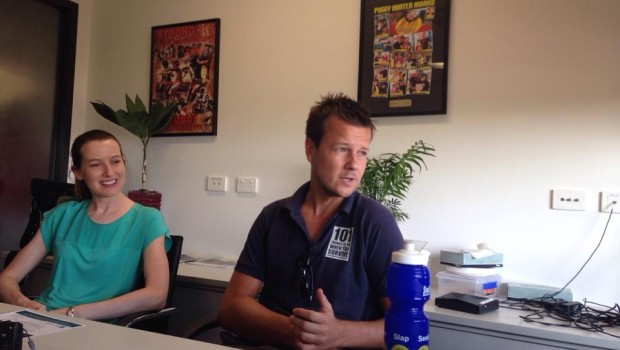Doctors and patient care

Last Friday I gave a talk to a group of GP Registrars here in Broome. It was my friend Katherine’s idea. She is a doctor and thought it would be useful for the doctors to hear about my experiences with PTSD.
I have had good doctors and less good doctors throughout my life. I think doctors have a very tough job and it must be difficult to see so many patients and know exactly what care they need.
During my treatment I felt like I was in the best possible hands. I actually had private medical insurance at the time but I didn’t use it. The care I received from the NHS was beyond amazing so I chose to just stay with them.
It was afterwards when I began to really struggle with my thoughts. I have numerous doctors for my ‘conditions’. I have my GP, my haematology doctor, my vascular surgeon, my oncologist and my specialist nurses.
As I explained in my Mental Health Day post, it was my post cancer experience which was the most difficult. I felt very alone and felt like I was on a roller coaster without the safety belts.
I need more than just my blood test results, more than just cream for my eczema and more than a ‘your results look fine Greig, see you in 6 months’.
I explained in my talk on Friday that my favourite and best Doctors are the ones who have checked and know what my results are before I walk into the room, the ones who ask me how I am doing, that ones that face me when talking to me and ones who aren’t afraid to be themselves.
I’ll never forget when I told my oncology professor about my proposed trip. He took his glasses off, turned towards me and said “I think that’s a marvellous idea Greig”. He then went on to tell me about his travelling experiences as a young man. It immediately made me feel more confident about my trip because he said it was a good idea. That’s the kind of effect doctors can have on a persons mental well being.
It doesn’t matter how old you are, everyone needs reassurance. Doctors should realise that they are a bit like an adopted parent when people are ill. We listen to what they have to say and in a way, hang on their every word. They should also know that there is still one hell of a battle going on even after cancer or any other type of illness and having the ability to empathise, reassure and offer suggestions of treatment which is not medical can go a very long way to keeping that patient fit and healthy in both body and mind.
Here’s a little something that a friend shared with me and I think it sums up what I am talking about perfectly in a fun way.
http://www.bbc.co.uk/news/health-25112785
A huge thank you to the GP Registrars of Broome for their warm welcome and a massive thank you to Katherine for suggesting that I give this talk.
X

